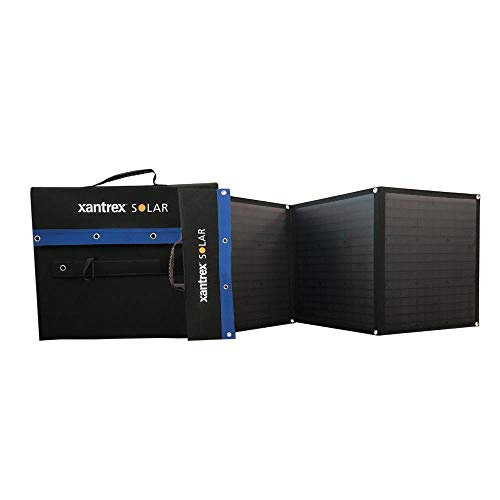A small gasoline powered genset or a propane version like the Ryobi 900W?
https://www.homedepot.com/p/Ryobi-900-Watt-Propane-Powered-Inverter-Generator-RYi911LP/302703564
Things to consider:
1. Safely storing fuel while traveling. Best methods?
2. Safety issues while operating and refueling.
3. The handling and refilling of gas cans vs. LP tanks. The LP version can use 1lb,5lb or 20lb tanks. (1lb. tanks last ~ 3 hours w/light use).
4. The hassle of always disconnecting the LP tank or hose from the LP version after each use (recommended by manufacturer).
5. Use in cold weather. Problems with LP?
BTW: Disregard the difference in purchase price and fuel costs.
https://www.homedepot.com/p/Ryobi-900-Watt-Propane-Powered-Inverter-Generator-RYi911LP/302703564
Things to consider:
1. Safely storing fuel while traveling. Best methods?
2. Safety issues while operating and refueling.
3. The handling and refilling of gas cans vs. LP tanks. The LP version can use 1lb,5lb or 20lb tanks. (1lb. tanks last ~ 3 hours w/light use).
4. The hassle of always disconnecting the LP tank or hose from the LP version after each use (recommended by manufacturer).
5. Use in cold weather. Problems with LP?
BTW: Disregard the difference in purchase price and fuel costs.




























































